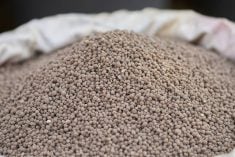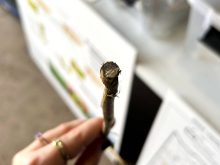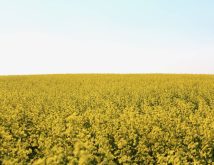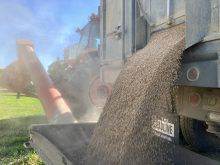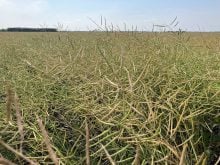Some farmers are seeding canola all over again as crusting kept the crop from emerging the first time.
“It was so fun the first time we’re going to do it again,” wrote Crystal City farmer Landon Friesen on Twitter.
Crusting after heavy rain led to him re-seeding 1,000 acres of canola, he told the Co-operator.
Read Also
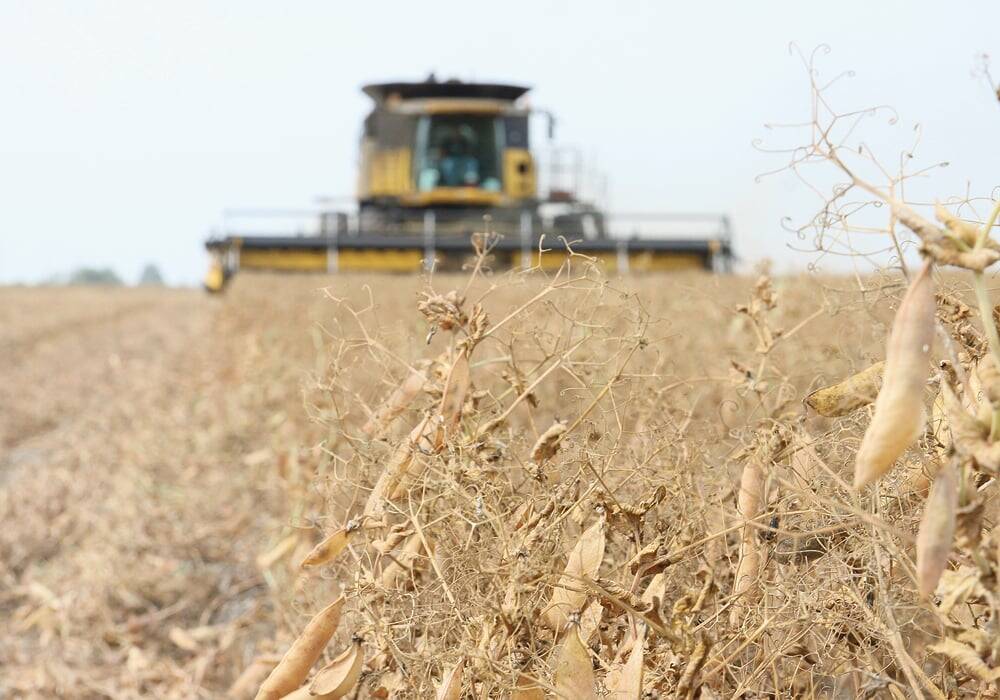
Public-private consortium targets pea breeding
The partnership, described as the first of its kind in Canada, aims to establish a database using AI to enhance breeding on the Prairies.
Before long four other farmers — two from Manitoba, two from Saskatchewan — had chimed in to Friesen’s tweet saying they were also reseeding canola due to crusting.
The issue is popping up across Manitoba said provincial oilseed specialist Dane Froese.
Hoped-for plant stands of five to seven plants have been reduced to two or three plants emerged, Frose said.
Yield potential, already reduced by later seeding, may be reduced further Froese added.
“Canola has had just had a few too many strikes against it right now,” he said.
Flea beetle pressure is beginning to be an issue, Froese said.
Pressure is less than previous years thus far said Chris Manchur, agronomy specialist with the Canola Council of Canada.
Manchur and Froese both advised growers to do their due diligence before re-seeding and to pay close attention to plant stand counts. Manchur advised farmers keep a close eye on how canola is progressing beneath the soil.
A stand of two or three plants per square foot planted two weeks ago may have more potential than a re-seeded crop. However, farmers can expect more weed competition, insect pressure and delayed maturity with the lower plant stand Manchur said.
Some farmers opting to reseed have run into issues buying canola seed, Froese added.
There’s limited seed supply, Froese said. He said farmers who are switching to canola from another crop may have greater difficulty finding seed due to shortages of herbicides. To ensure supplies cover crops already planted, suppliers may decide to not sell more seed they may not be able to support with herbicide.






